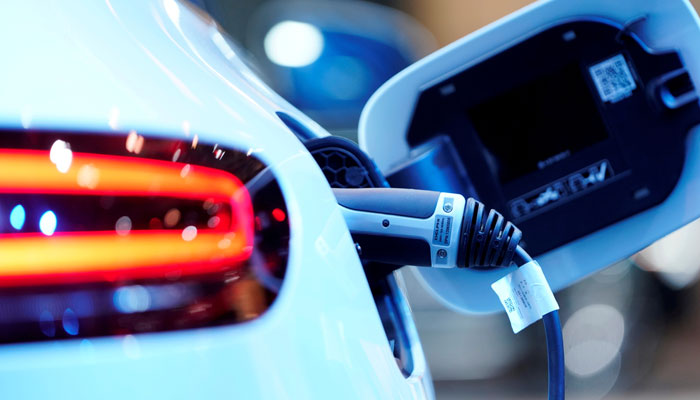Do electric cars cause more pollution than gas-powered ones? Study sparks debate
EVs release 1,850 times more particulate matter than modern tailpipes equipped with emission-reducing filters
March 05, 2024

A study from 2022, reemerging after being cited in a WSJ op-ed, challenges the conventional wisdom surrounding electric vehicles (EVs), suggesting they may release more pollution than traditional gas-powered vehicles, Daily Mail reported.
The research, conducted by Emissions Analytics, highlights concerns over particulate emissions from brakes and tyres in EVs, asserting they release 1,850 times more particulate matter than modern tailpipes equipped with emission-reducing filters.
Hesham Rakha, a professor at Virginia Tech, expressed caution, noting the study is "partially correct." While acknowledging the increased weight of EVs may contribute to higher tyre emissions, Rakha emphasises ongoing research to understand the full scope, expecting a potential difference of about 20%.
Despite potential drawbacks, Rakha advocates for continued EV adoption, citing their efficiency and zero-emission benefits. However, he acknowledges the carbon footprint associated with charging EVs. The study underlines the impact of EV battery weight, with emissions from tyre wear potentially reaching 400 times more than tailpipe emissions.
Concerns extend to tyre composition, especially the use of synthetic rubber, a crude oil derivative with additives containing recognised carcinogens. Emissions Analytics conducted tyre wear tests on both EVs and gas-powered vehicles, revealing that greater mass and weight accelerate tyre particulate emissions.
As California moves towards a 2035 ban on gas vehicles, the study challenges the notion of EVs as "zero-emission vehicles." Critics question the state's proposal, highlighting the discrepancy between EV and gas vehicle tyre wear rates. Future weight reduction possibilities are suggested by the Air Resources Board but lack specific examples.
The study delves into the indirect environmental impact of EVs, considering factors like electricity sources and the materials used in lithium-ion batteries, such as cobalt and lithium, both linked to environmental concerns. The recent update to national air quality standards by the Environmental Protection Agency emphasises the importance of addressing fine particle pollution.
While EVs contribute to lower greenhouse gas emissions over their lifetime, the study's findings underscore the complexity of evaluating the overall environmental impact of electric vehicles, prompting a reevaluation of their environmental credentials.









